Vietnam's grocery retail industry is undergoing a transformation, with rural areas - home to more than 60 million consumers and accounting for 65% of the country's population - becoming the new "battlefield".
According to the General Statistics Office, the average income per capita in rural areas will reach 6.7 million VND/month by 2025, leading to increasingly diverse consumer demand, from fresh food - accounting for more than 80% of food retail sales, to household products and utility services.
Open a supermarket in the village
Ms. Nguyen Thi Phuong, CEO of WinCommerce (under Masan Group) - the owner of WinMart/WinMart+, estimates that the rural retail market is worth up to 50 billion USD. However, few professional retailers participate in this market due to the lower income and spending of rural people. That is why this area is in need of a new and effective retail model.
Sharing the same view, analysis from Vietcap Securities stated that the minimart model, with an area of less than 500m2 and about 4,000 essential items, is becoming an ideal choice to reach rural consumers.
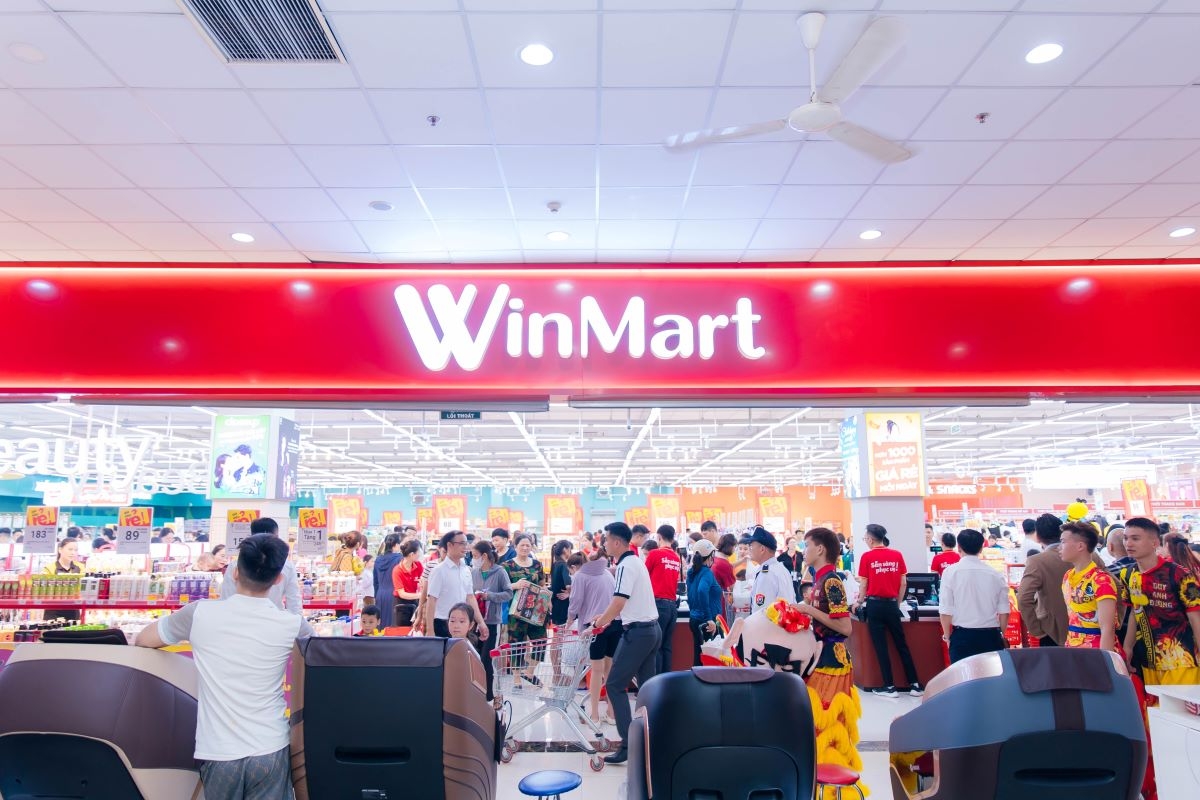
Minimarts could be the answer. This segment is expected to grow at a compound annual growth rate (CAGR) of 45% between 2016 and 2023, far exceeding the 11% of the entire modern grocery retail industry. With a compact design and a focus on fresh food – a core element of Vietnamese consumer culture – minimarts meet the needs of people for quick shopping, especially those who travel by motorbike, the main means of transportation in rural areas.
WinCommerce is not only moving fast, but is also dominating the race to shape the rural market. WinMart+ rural is a store model designed by WinCommerce for the rural market. In the first 6 months of 2025, WCM opened a total of 318 new stores: with 236 WinMart+ rural, accounting for nearly 75% of the number of new stores. Nearly 50% of the number of new stores are located in the Central region.

Accumulated to the end of June 2025, the WinMart system has 4,146 stores: with 1,684 urban WinMart+ stores, 1,574 rural WinMart+ stores, 759 WiN and 129 WinMart...
According to WCM, overall, new stores opened since the beginning of the year have brought positive profits to the company. The process of opening new supermarket chains is on schedule, and revenue growth is above their expectations. WinCommerce's net revenue in the first 6 months of the year reached 17,900 billion VND, up 13.4% over the same period in 2024. In June 2025 alone, WCM's total revenue reached 3,218 billion, up 16% over the same period last year.
The most optimistic scenario for 2025 that WCM predicts is 12% revenue growth.
Unlike the “expansion at all costs” view, WCM is steadfastly pursuing an expansion strategy linked to financial efficiency. According to the company, all new stores opened since the beginning of the year are recording profits.
WinMart+ rural stores have an area of 80 - 100m2, are designed with simple identification features, eye-catching colors and provide selected goods suitable to the needs and spending capacity of local residents.
At the annual meeting held in May, Mr. Danny Le, CEO of Masan Group, shared: “We aim to open an average of two stores per day.”
After WinCommerce, another name that is gradually approaching the rural market is Bach Hoa Xanh. This unit chose a more cautious approach. At the end of last year, after the first profitable year, Bach Hoa Xanh expanded to the Central region with 15 stores in Da Nang, Quang Nam and Quang Ngai. The stores are located near markets to attract traditional shoppers.
Mr. Nguyen Duc Tai, Chairman of Mobile World Investment, said: “We are exploring the Central region to refine the model before expanding further.” Previously, Bach Hoa Xanh was also present in the districts of the Western region.
Also targeting rural areas, Saigon Co.op chose a separate path. The company said it focused on developing new stores in districts and suburban areas such as the Co.opmart Cho Moi project (An Giang) and SenseMarket - Co.opmart Cai Be (Tien Giang), aiming for 900 points of sale.
According to Kantar Worldpanel, the market share of minimarts in the fast-moving consumer goods (FMCG) industry in rural areas increased from nearly 0% in 2018 to 2% in 2023, with a forecast of reaching 4% in 2025. This figure shows that minimarts are not just a temporary trend but a long-term strategy of modern retailers to gradually replace traditional markets.
Overcoming price barriers
However, for minimarts to truly “take root” in rural areas, the price factor remains an important barrier to overcome. The WinMart+ Rural model focuses on promotions to attract customers and compete with traditional markets, such as the program of 100 cheap products every day.
WinCommerce, with its leading advantage in terms of point of sale scale and inheriting Masan's consumer goods production capacity, has developed private labels with competitive prices. Some of this retailer's private labels include O'lala (chicken eggs, sausages, etc.), Ngoc Nuong rice, WinMart Good (food), WinMart Home (personal and family care products).
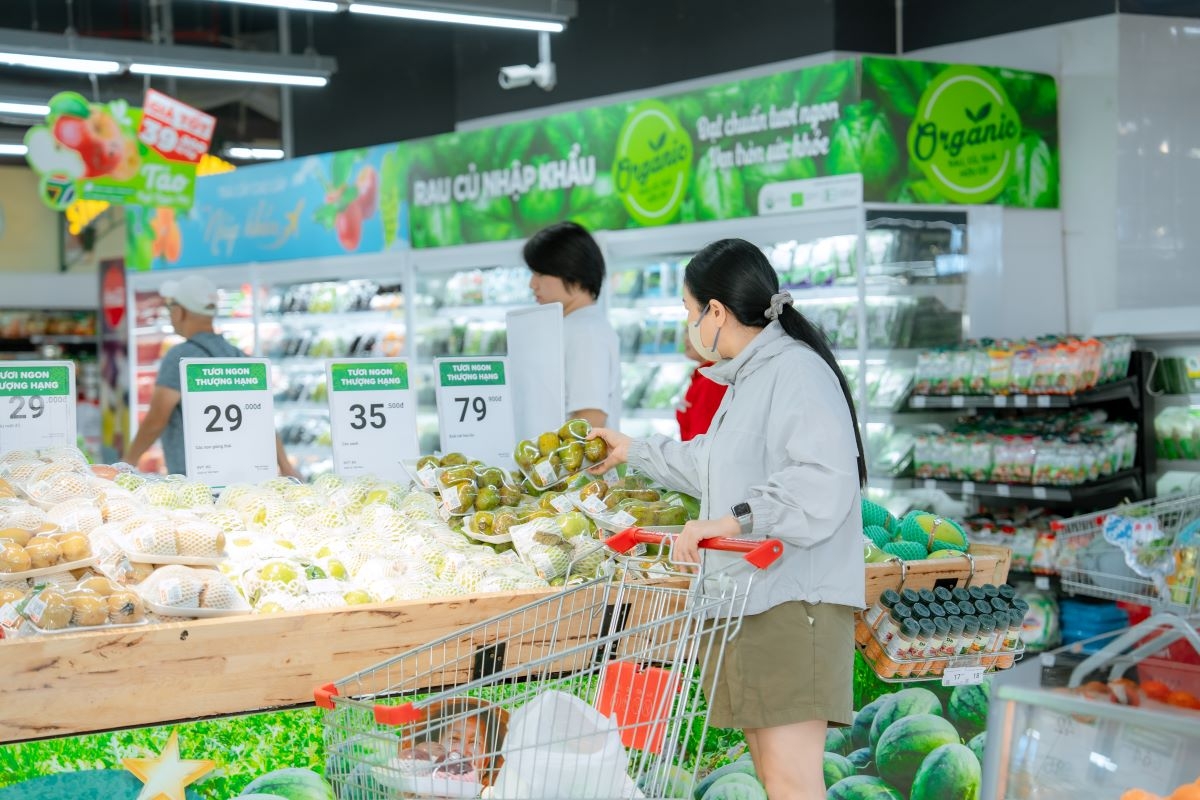
Meanwhile, sharing on Forbes in 2023, a representative of Central Retail affirmed: “We guarantee that items are 7% cheaper on average than competitors, with guaranteed quality and freshness.” The company announced that about 50 food and beverage products at go! supermarkets are priced lower than traditional markets, with an additional 10-20% discount.
On the other hand, according to a Nielsen report, rural consumers increasingly prioritize products with clear brands and guaranteed quality, not just focusing on low prices. Retail chains can take advantage of this by providing fresh food with transparent origins to gain an advantage over traditional markets.
Add value
When price is no longer the only weapon, what is the next “trump card” in the rural retail race? To attract rural people to modern retail methods, these businesses need to provide additional value at each store.
According to the Ministry of Industry and Trade, e-commerce in Vietnam is expected to reach US$25 billion in revenue by 2025, with a large contribution from rural areas. Retail chains need to take advantage of this trend by implementing online shopping and home delivery.
WinMart+ is one of the first systems to integrate digital transformation into business. Since 2022, Masan Group has implemented digital transformation initiatives for the consumer goods supply chain of its retail system nationwide by applying research, applying artificial intelligence technology, machine learning technology to strengthen the infrastructure for consumers, including new retail models, membership programs, digital payments and logistics platforms.

WinCommerce’s WiN Membership Program, launched the same year, plays a core role. With this strategy, they apply artificial intelligence tools to almost every step from shipping, supplying goods, optimizing inventory and forecasting the amount of goods needed in stock at any supermarket in the retail system. To date, this program has attracted more than 11 million members.
It can be seen that the rural market is no longer a neglected lowland, but a new front where retail giants are racing to expand their footprint.
Source: https://vov.vn/doanh-nghiep/doanh-nghiep-ban-le-lon-va-cuoc-dua-chinh-phuc-60-trieu-nguoi-tieu-dung-nong-thon-post1215348.vov


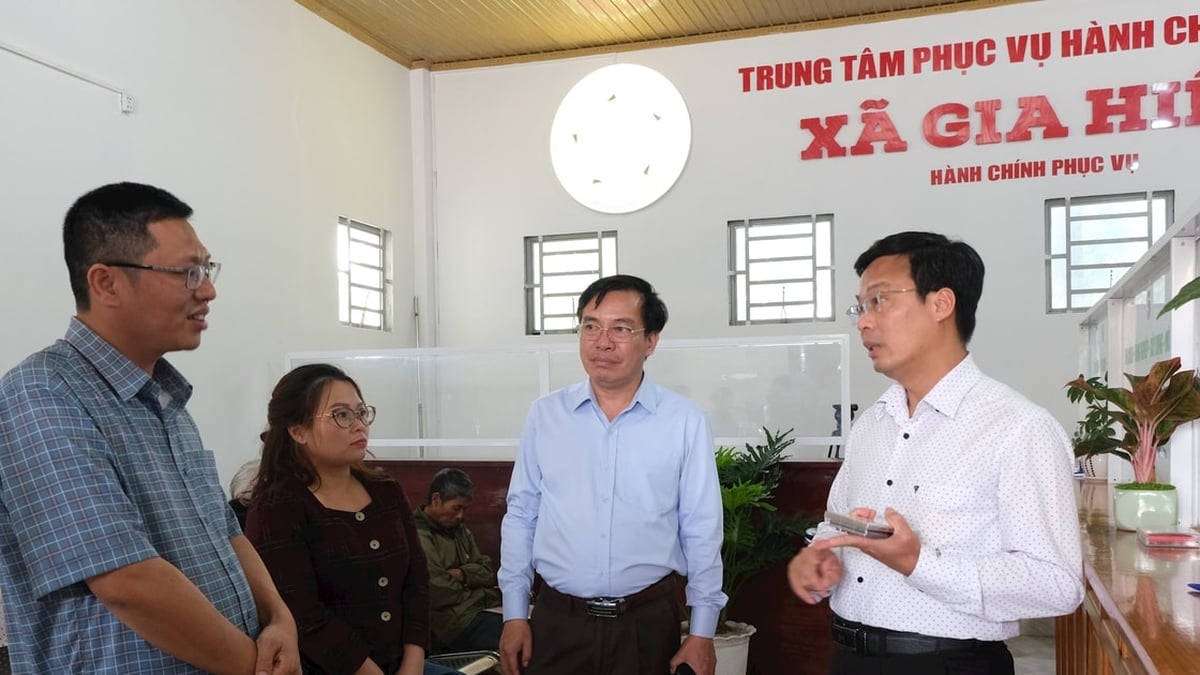


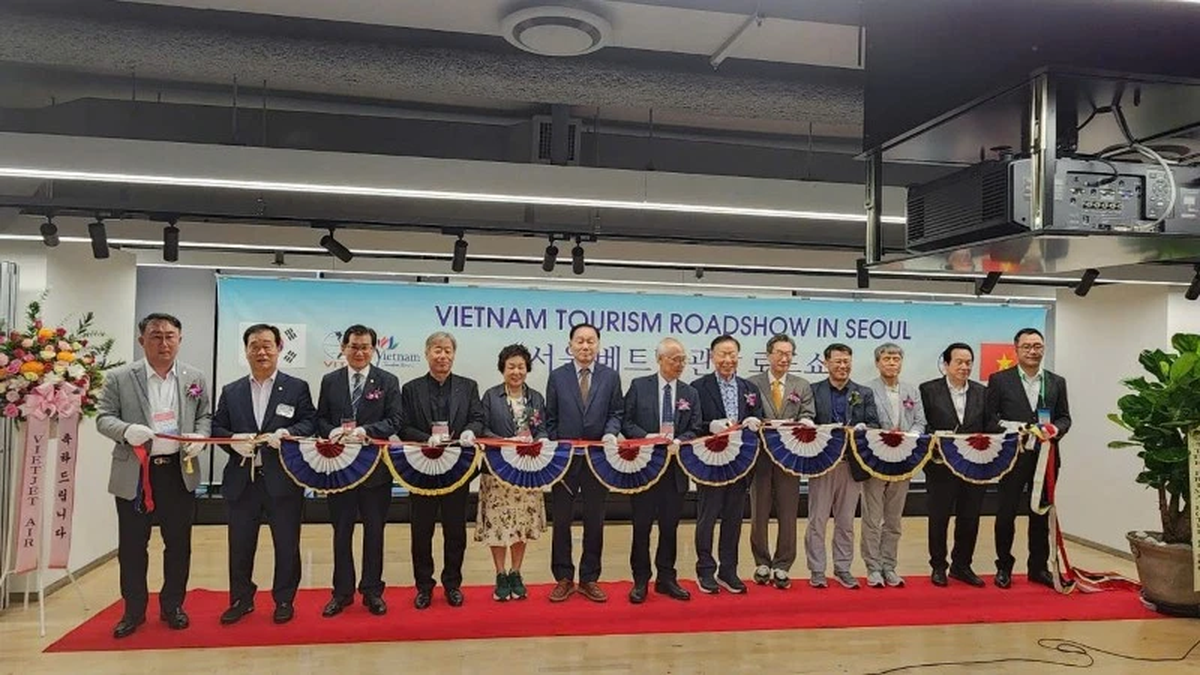
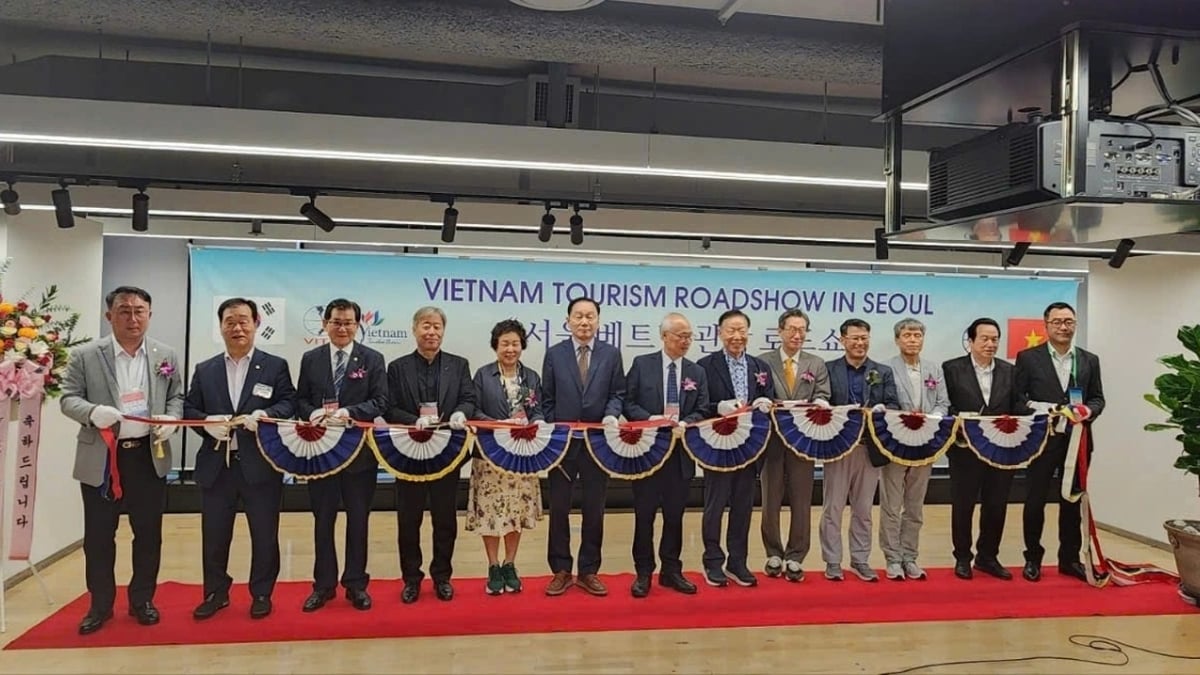




























































































Comment (0)